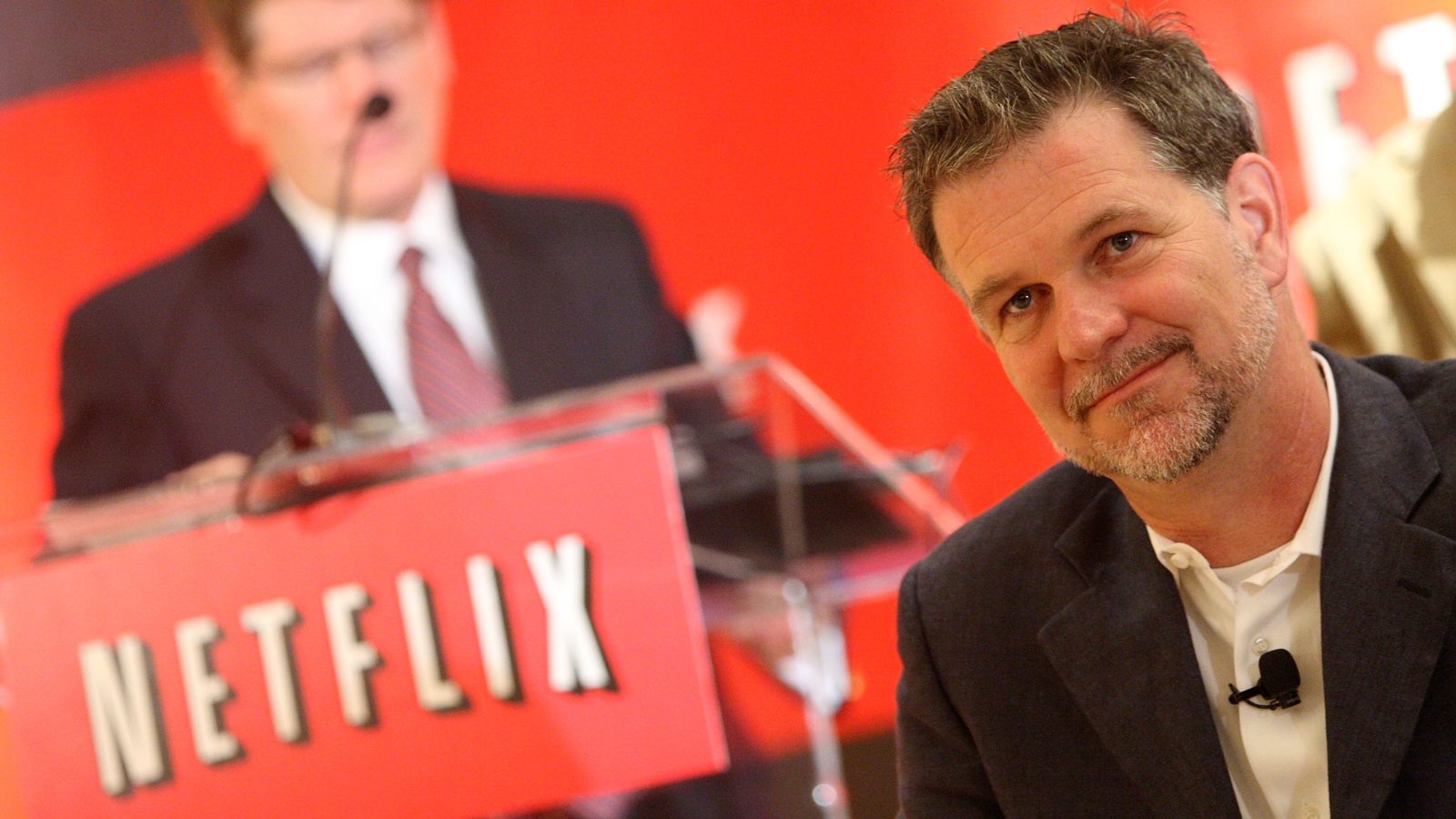 NEWS
NEWS
 NEWS
NEWS
 NEWS
NEWS
![]() Netflix Inc.’s announcement that it has partnered with Australia’s second largest ISP iiNet Ltd. to allow customers to view Netflix’s soon to be launched local service without data used being counted against a customer’s data cap has been widely derided in the American press as an example of hypocrisy given Netflix’s stance on net neutrality.
Netflix Inc.’s announcement that it has partnered with Australia’s second largest ISP iiNet Ltd. to allow customers to view Netflix’s soon to be launched local service without data used being counted against a customer’s data cap has been widely derided in the American press as an example of hypocrisy given Netflix’s stance on net neutrality.
Headlines include “Is Netflix’s commitment to net neutrality a lie?” by The Verge, “Netflix takes its hypocrisy on net neutrality to the land down under” by Pando Daily, and various other variations on the theme, all of which pointed to this idea that some how a business decision in Australia breaks Netflix’s stance on Net Neutrality in the United States.
The common theme: they’re all complete and utter rubbish stories that fail to even explore how the market works in Australia, and instead bizarrely places American politics and internet issues onto the Australian internet market, a case of trying to put a round peg into a square hole.
It may even surprise some American tech writers to discover that Australia isn’t the United States.
There is no net neutrality debate in Australia, and exceptions to download caps between ISP’s and content providers have been around for years.
It can be argued that net neutrality at its purest form extends to any discrimination against data, but the core of the complaints in the United States relate to “fast lanes,” the idea that some companies pay ISP’s more money to have give their services a priority, or speedier delivery to internet users.
This isn’t the case here, there’s no fast lane being implemented.
Cap plans
Unlike the United States, where unlimited Internet plans have been available for years, this has never been the case in Australia. A few smaller ISP’s in 2015 do offer unlimited plans, but the larger ISP’s never have. Data caps on basic plans can be as low as 5 GB a month, and while 100 GB and 200 GB are more common today (some offer up to 1 TB in data) they get more and more expensive the higher the cap.
![]() Cap exemptions for certain services, in particular with video, have long been the norm in Australia where various media companies do deals with ISP’s because they have no choice if they want people to embrace their services due to the limited data plans most Australian’s are on.
Cap exemptions for certain services, in particular with video, have long been the norm in Australia where various media companies do deals with ISP’s because they have no choice if they want people to embrace their services due to the limited data plans most Australian’s are on.
It’s also not a case of ISP greed as perhaps it would be in the United States; despite local content working through local peering networks, the high cost of data in Australia is primarily due to the cost of wholesale data access from the United States. Local content is popular, but the bulk of content viewed on the Internet in Australia comes from the United States and there are only so many pipes running across the Pacific, and that gateway comes with much higher costs than an American ISP would experience where most of its data comes from within the U.S. itself; it’s a cost that structurally limits the ability to provide high-speed unlimited internet.
Netflix enters this market knowing that the vast majority of Australian households are on limited data caps and that to get people to sign up they have to make sure the same users don’t find themselves running out of data.
Nothing to do with net neutrality, everything to do with the local market. Netflix isn’t a hypocrite here, it’s a market realist.
Nearly all of its major competitors, including the free-to-air television networks, have deals in place; Presto, a recently launched video-on-demand (VOD) joint venture between the News Corp. owned Foxtel, and the Seven Network, has cap free streaming on Australia’s largest ISP Bigpond. The Australian Broadcasting Corporation’s (ABC) iView service has had a deal going back over a decade with iiNet, and there are dozens of other deals in between. It’s not a question of whether Netflix should take some holier than thou net neutrality stance based on its policy stances in the United States, it simply had no other option.
A spokesman told The Verge the following, and it sums it up well “Zero rating isn’t great for consumers as it has the potential to distort consumer choice in favor of choices selected by an ISP. We’ll push back against such efforts, but we won’t put our service or our members at a disadvantage.”
Ultimately in the United States fast lanes and no net neutrality put Netflix members at a gross disadvantage, in Australia the disadvantage is data caps and that has nothing to do at all with net neutrality in the United States.
Image credits: public domain/ National Library of Australia.
THANK YOU